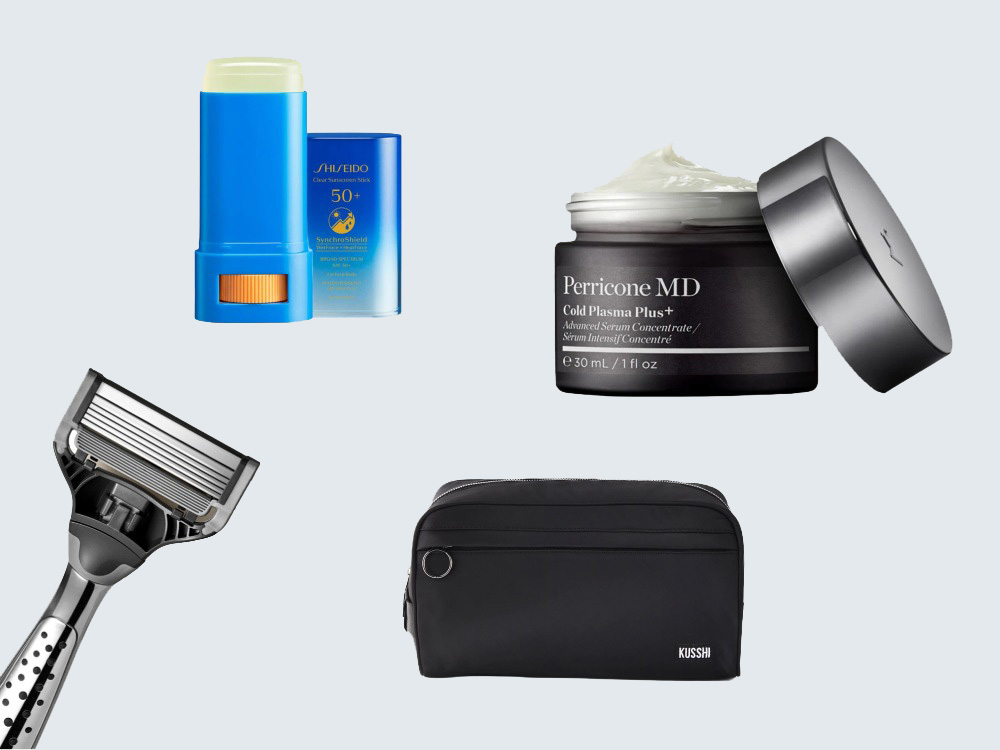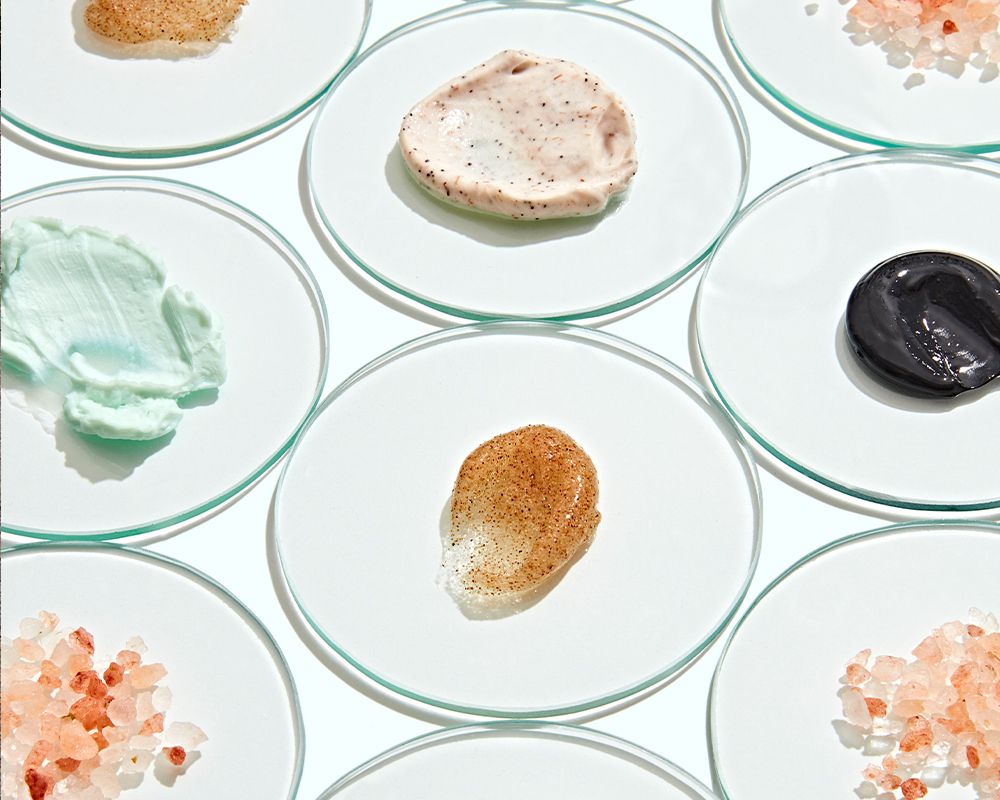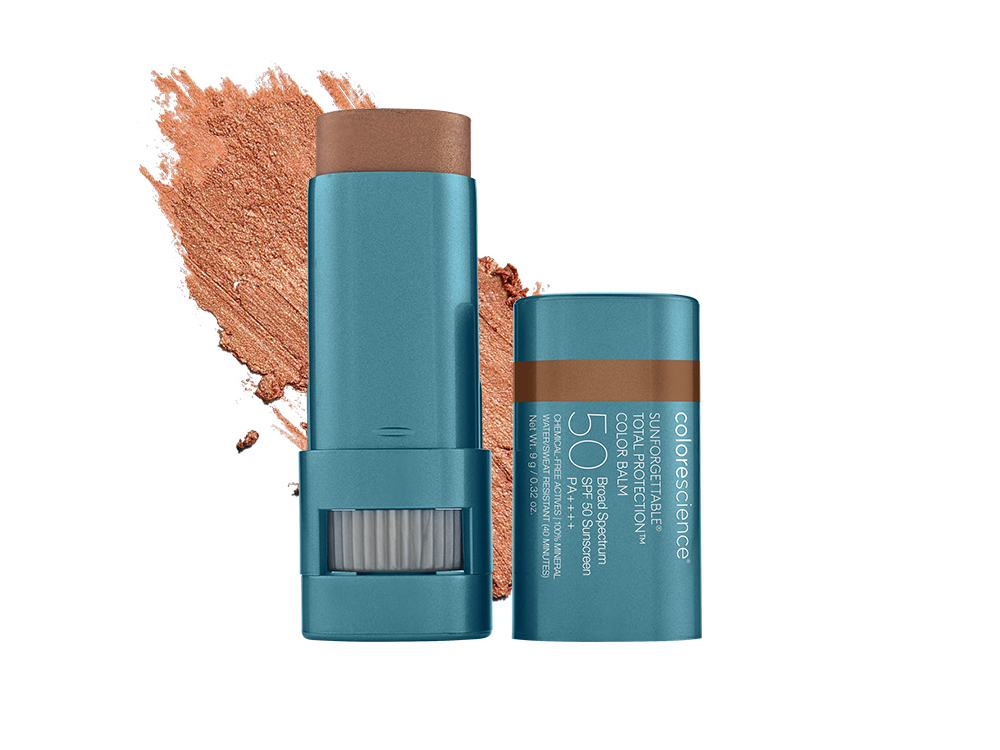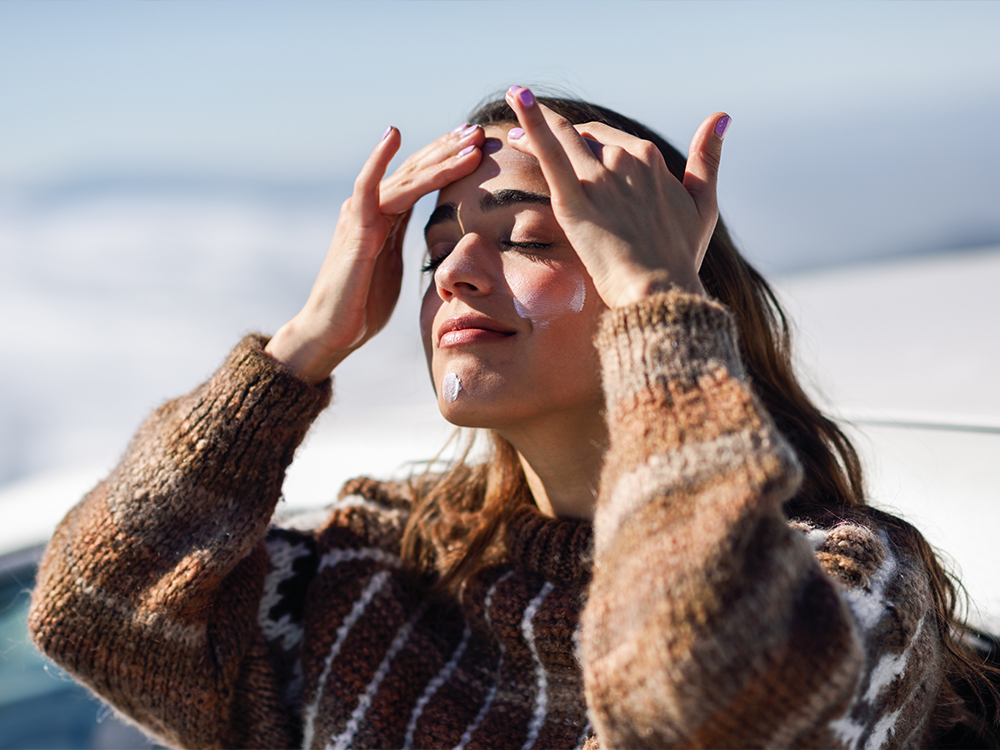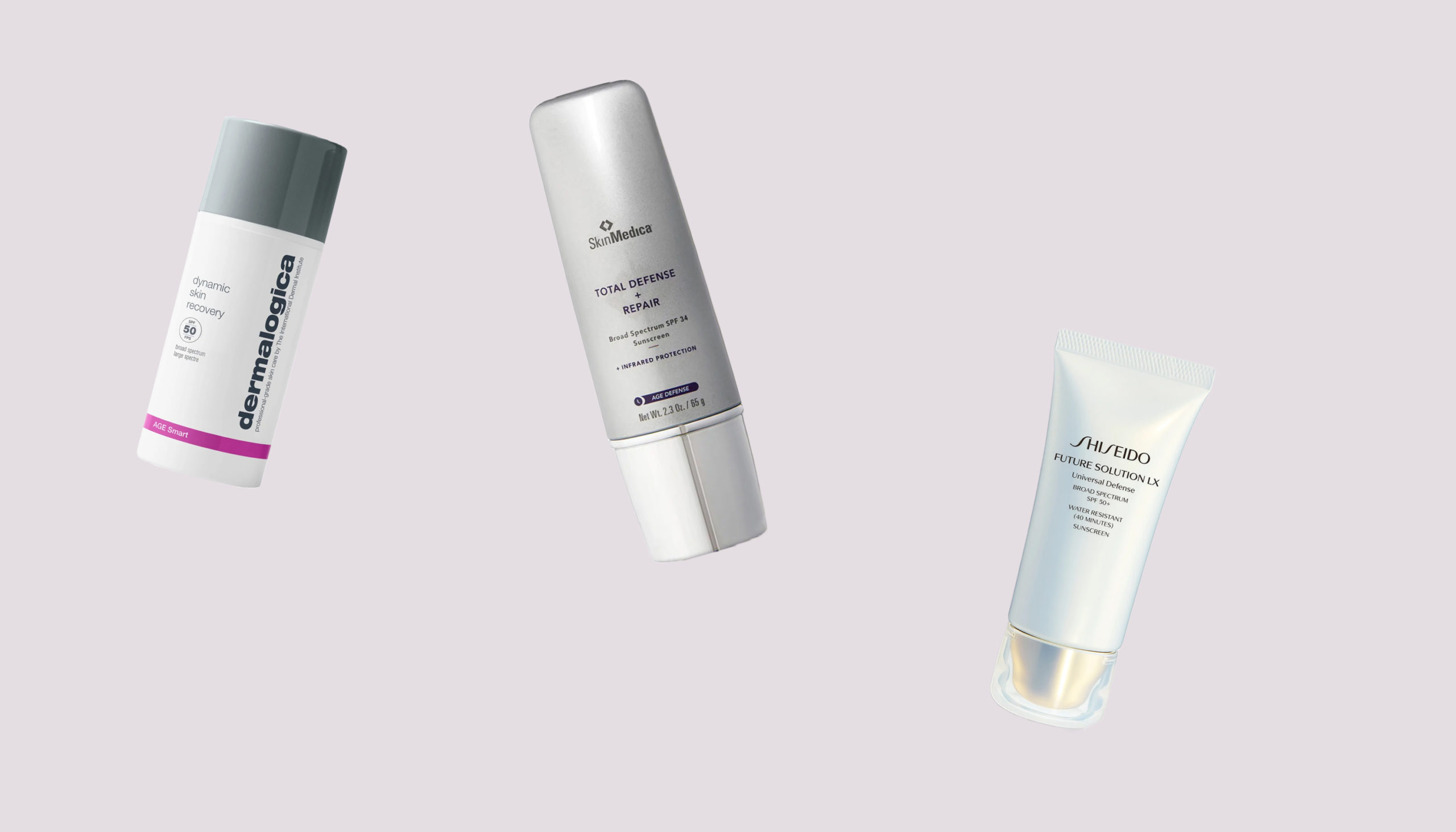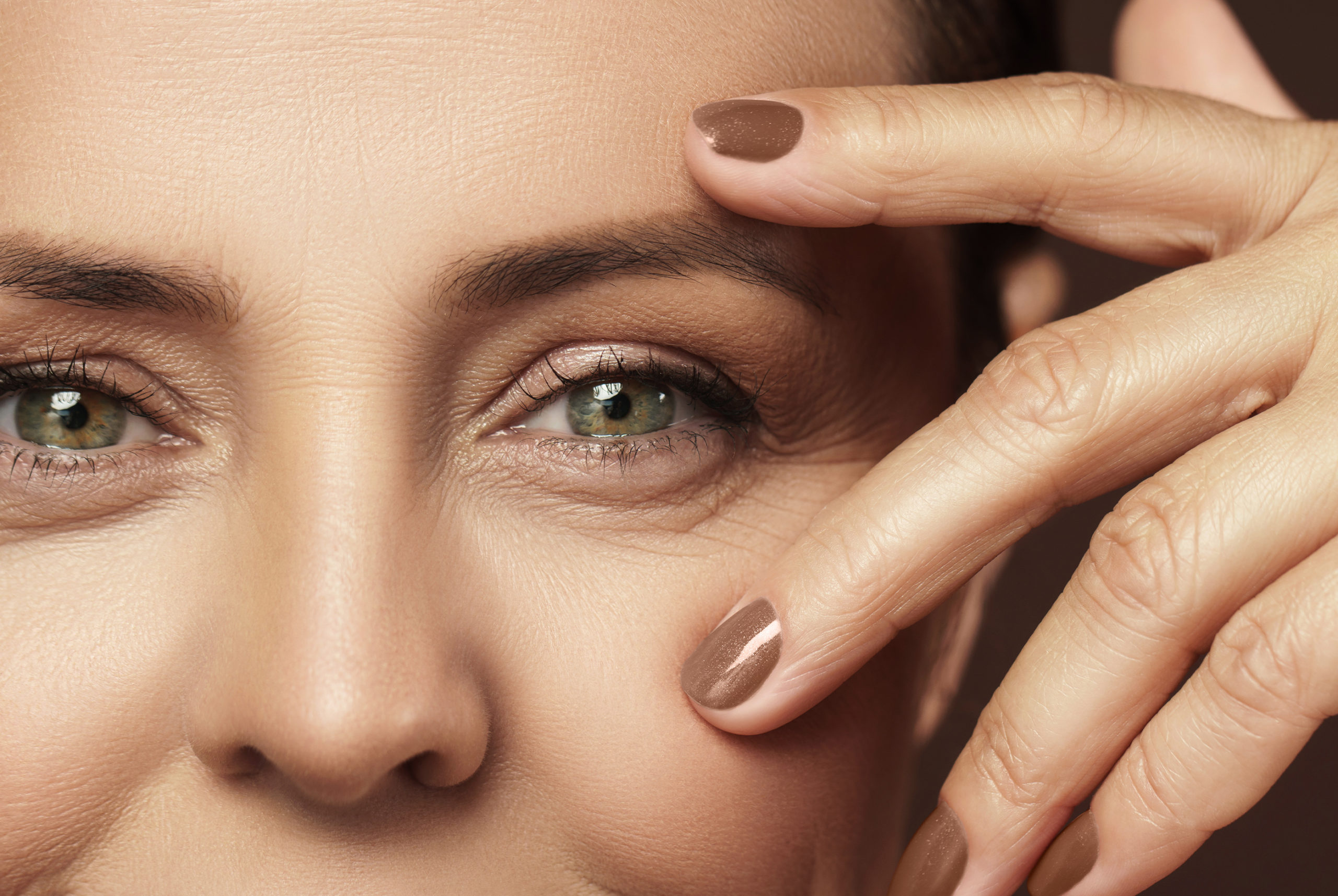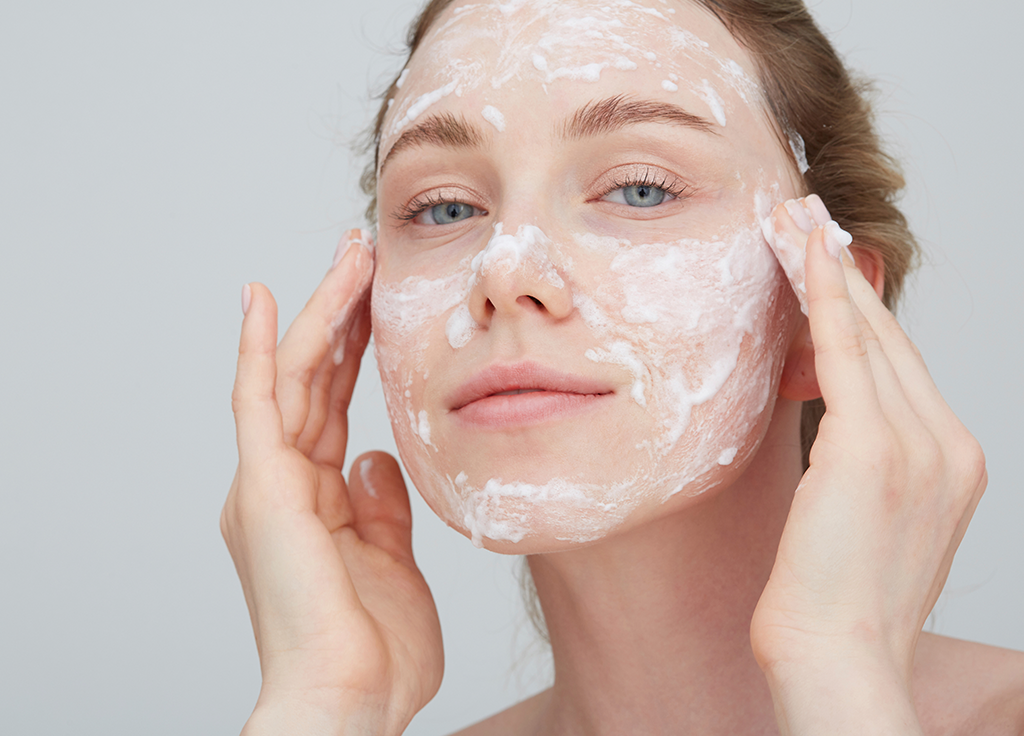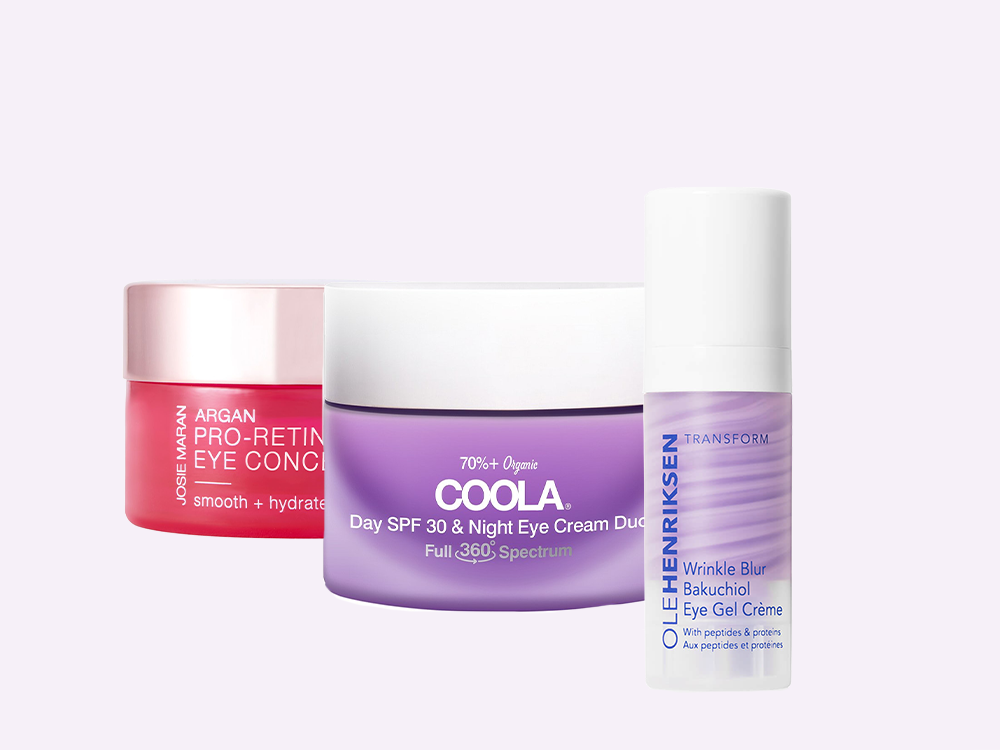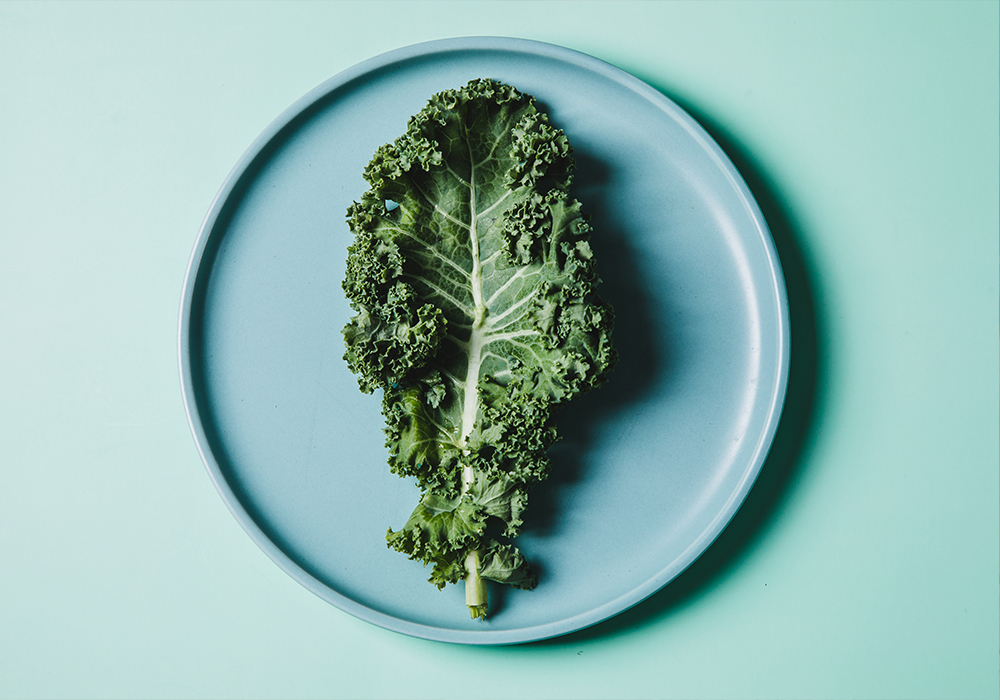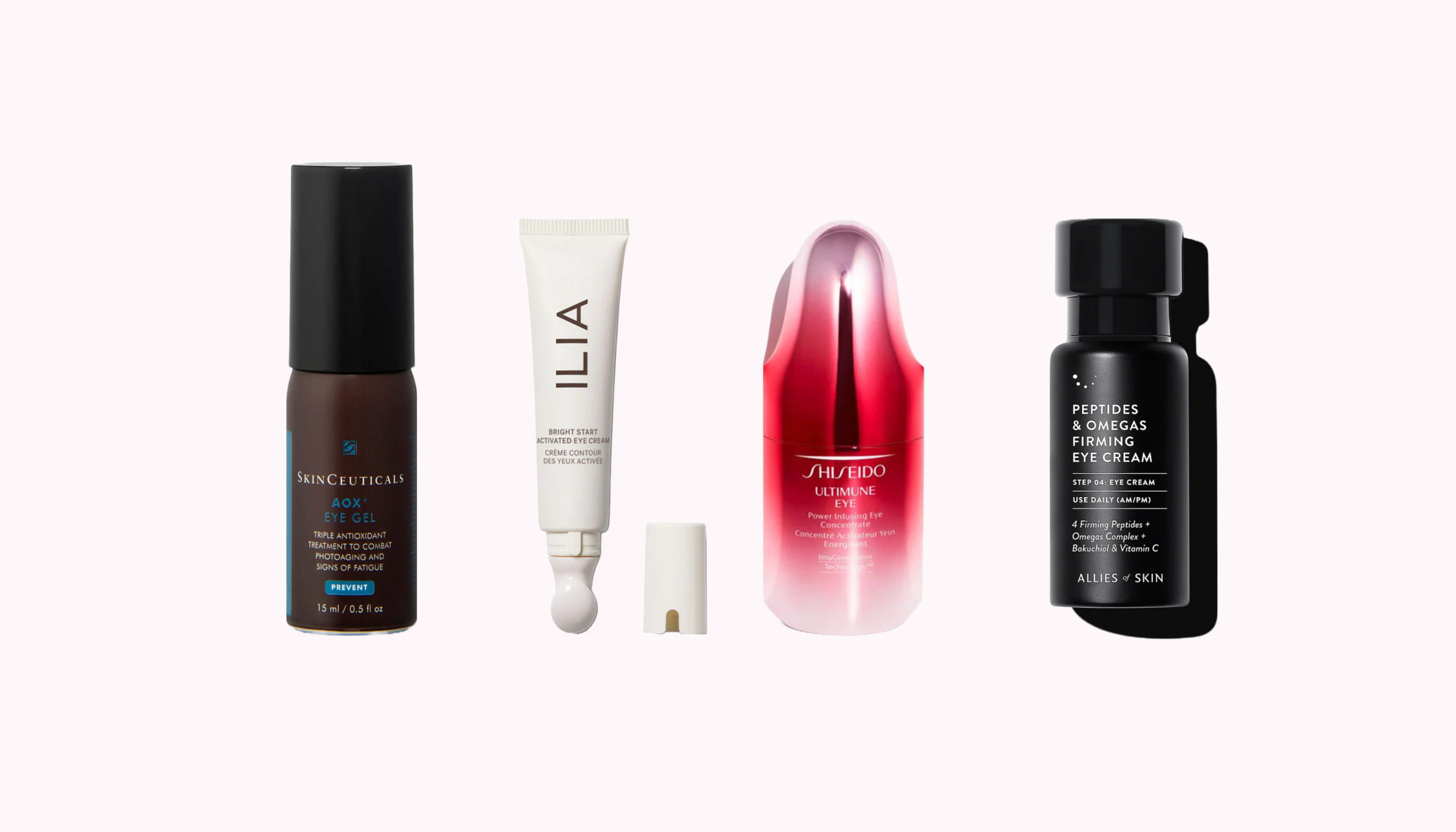It’s no secret we live in a caffeine-centric society. People are roused out of bed by the promise of a cup of coffee, and a second cup in the afternoon gets them through the day. While the benefits of a cup of coffee or tea are clear—a delicious taste and the ability to wake you up after a sleepless night—the benefits of caffeine in skin care may not be as obvious. We talked to experts, including dermatologists and the minds behind caffeinated skin-care products, to get a deeper understanding of how the chemical compound works, what it can do for skin and which products to try.
But first, what is caffeine?
“Caffeine is a naturally occurring plant compound that stimulates the brain and the nervous system by blocking the effects of the relaxing neurotransmitter adenosine,” explains holistic nutritionist Jennifer Hanway. Topically, it works mostly as an antioxidant and anti-inflammatory agent, says Providence, Rhode Island Reserveage resident dermatologist Tiffany Libby, MD. It helps “decrease the production of reactive oxygen species and free radicals and helps improve circulation.” Caffeine is also a vasoconstrictor, meaning it “constricts the blood vessels and decreases topical blood flow when applied to the skin.”
It can reduce puffiness
Florence by mills, created by actress Millie Bobby Brown, recently just launched a caffeinated skin-care line. We got some insight from the product development and regulatory team. Much like coffee can often dissipate tiredness for a period of time, the florence by mills team says that caffeine in skin care can reduce undereye puffiness from lack of sleep. However, it won’t be able to reduce undereye bags that are hereditary.
“Puffy eyes tend to be caused by the build-up of fluid in the area or dilated blood vessels that are visible under the sensitive and delicate eyelid skin,” explains Miami dermatologist Dr. Deborah Longwill. Since “caffeine is a vasoconstrictor, it will penetrate into your skin and constrict the blood vessels, which will reduce the puffiness that one might be experiencing.” Additionally, she adds that the decreased blood flow will help lighten the appearance of dark circles. She notes that ingredients like caffeine need to be used daily to see these kinds of benefits since they’re temporary.
It’s an antioxidant
“Caffeine is a known antioxidant which helps defend against damage caused by free radicals,” says the florence by mills team. These antioxidant properties can even help limit the number of free radicals your body produces, says Dr. Longwill. “Clinical studies have shown that caffeine may help to protect against free radicals and reactive oxygen species caused by UV radiation, thereby also helping to slow down the signs of photoaging,” says Dr. Libby. “Some studies also suggest that topical caffeine may have photoprotective benefits like sunscreen, and even a role in the prevention of skin cancer formation.”
It can reduce the appearance of cellulite
Caffeine being a vasoconstrictor comes into play here. When applied topically in skin-care products, caffeine has been shown to constrict blood vessels, which can temporarily tighten and visibly smooth skin. According to Dr. Longwill, applying caffeine topically with a blend of other ingredients that increase blood flow will help with the reduction of fine lines, wrinkles and cellulite.
It brightens skin but doesn’t combat hyperpigmentation
“Caffeine works to improve circulation of the skin, which can help brighten the skin for that healthy glow,” says Dr. Libby. However, the florence by mills team says it’s important to note that this temporary brightening will not reduce the appearance of dark spots or hyperpigmentation.
Can drinking too much caffeine have negative effects on skin?
While caffeine feels great going in, it doesn’t always do a ton of great things for your body in the health department. “Caffeine is a natural diuretic, which can contribute to dehydration of the skin,” as well as the body, explains Hanway. To combat this, Hanway recommends her clients keep their caffeine intake to one to two cups a day. She also suggests they drink a large glass of water with any caffeinated beverage.
“Caffeine also increases the level of cortisol in our bloodstream, which can be catabolic (leading to the break down) to the skin if we have continued high cortisol levels,” says Hanway. She also notes that “coffee is one of our most pesticide-sprayed crops.” She recommends “always choosing organic and low acid versions.” However, Hanway is not telling you to quit your morning cup altogether. “A great cup of low acid, organic coffee (no dairy, no sugar) or green tea can actually be beneficial to the skin as it is high in free-radical fighting antioxidants and polyphenols,” says Hanway, which are some of the same reasons it’s a wonderful addition to skin care.
Expert recommended skin-care products with caffeine
If you’re looking to caffeinate your skin-care routine and experience some of the benefits detailed above, we have some expert-recommended products to get you started. As mentioned, florence by mills has a new collection featuring caffeine as a key ingredient, which is what makes them experts. They say it’s “perfect for anyone looking for products that wake up the skin and make it look like you actually slept a full eight hours!” Some of the exciting products include Feed Your Soul Love U A Latte Coffee Glow Mask ($18), Look Alive Brightening Eye Cream ($18) and Pout Party Coffee Lip Scrub ($16).
Dr. Libby recommends the classic NeoCutis Lumiere Riche Eye Cream ($118), Versed The Fix Emergency Eye Mask ($18) and Biossance Squalane + Caffeine Toning Body Cream ($28). Dr. Longwill suggests Firming Retinol Body Lotion ($82), Code to Youth Serum ($90) and Advanced Retinol + Green Tea Serum ($75).

